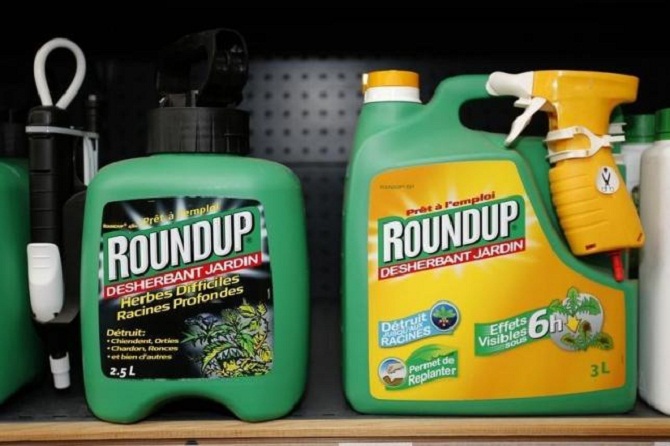Environmental groups have been calling for a ban after the International Agency for Research on Cancer (IARC), part of the World Health Organization, said in March that glyphosate was "probably carcinogenic to humans".
Some businesses and authorities have sought to limit glyphosate use.
"This has been an exhaustive process – a full assessment that has taken into account a wealth of new studies and data," Jose Tarazona, head of the pesticides unit at Parma, Italy-based EFSA, said in a statement.
"Regarding carcinogenicity, it is unlikely that this substance is carcinogenic."
EFSA scientists, who worked with experts from EU member states, said their study differed from IARC`s in that it considered only glyphosate, whereas IARC had assessed groups of related chemicals. They said the toxic effects could be related to reactions with "other constituents or `co-formulants`".
However, they are for the first time proposing a limit on the maximum safe daily dose, of 0.5 milligrams per kilogram of body weight.
That means an 80-kg person could eat food containing 40 milligrams of glyphosate per day for the rest of their life.
More about:
















































